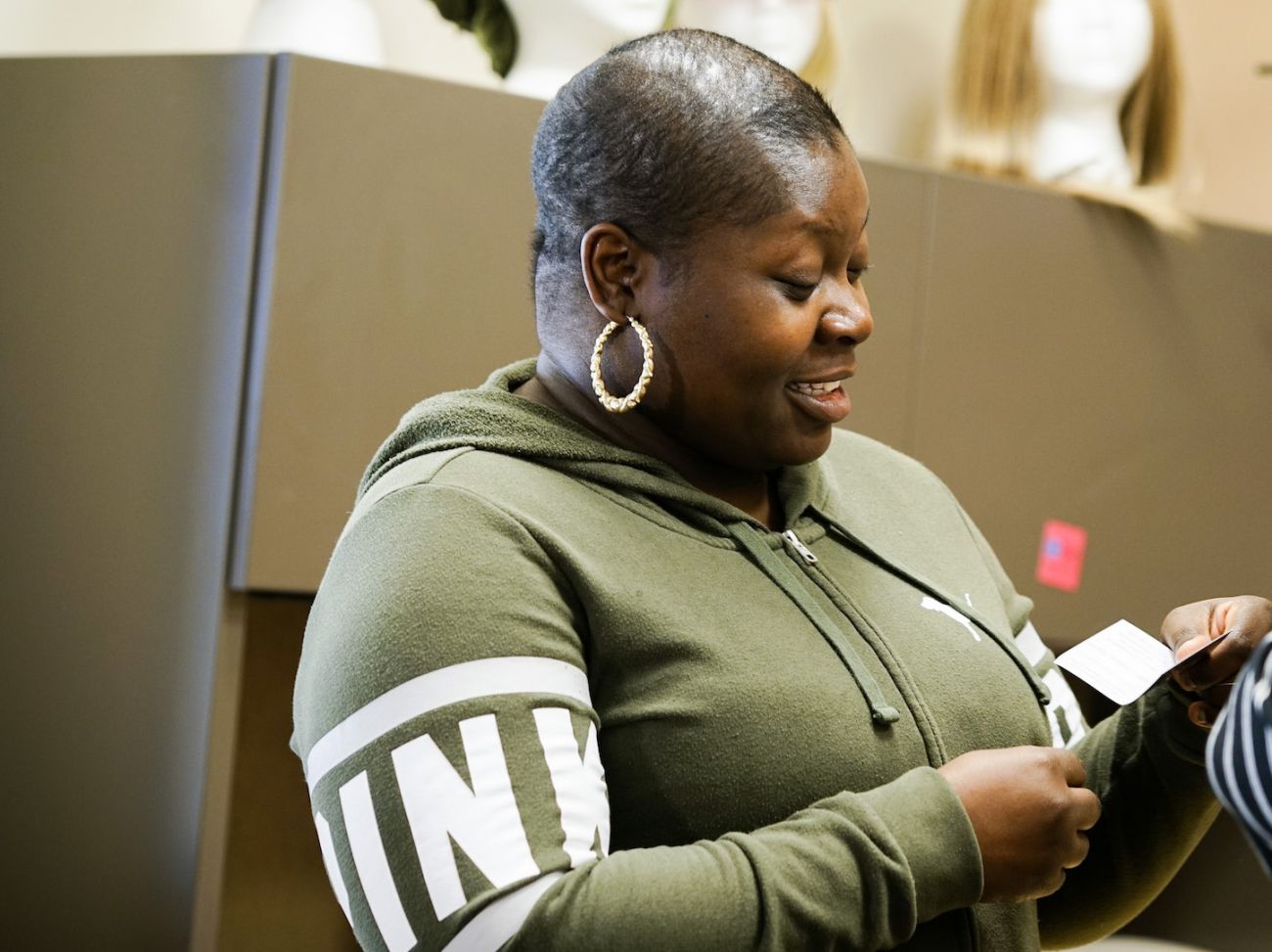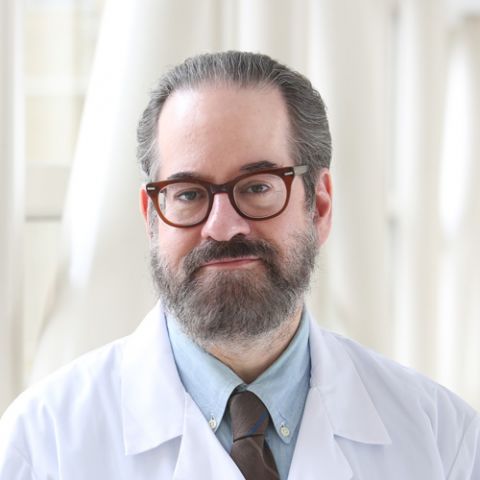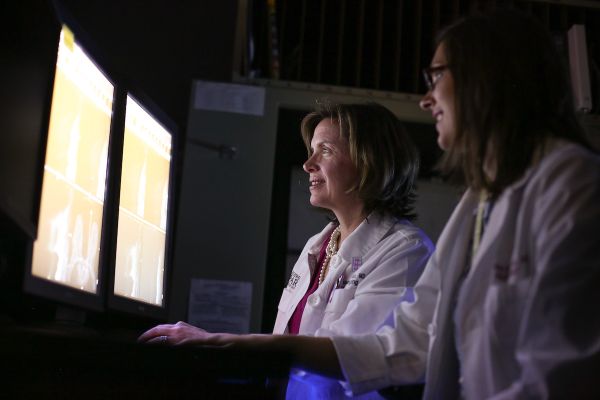What do you do when — after planning your life and working hard to achieve your dreams — your plans are interrupted by cancer?
That’s the question Racine Walton faced last year, a few weeks before graduating as a professional pastry chef, when she learned that she had an invasive ductal carcinoma in her left breast.
As a 27-year-old woman, Racine believed she was too young to have breast cancer. “My first thought was that the news wasn’t real,” says Racine. “I remember thinking there was no way I could have cancer. I have one uncle who had lung cancer, but he was a cigarette smoker, so I didn’t think cancer was part of my family history, and everyone told me I was too young.”
But cancer is very real for more than 70,000 young adults ages 20 to 39 who are diagnosed each year, accounting for about five percent of cancer diagnoses in the United States. Like most young adults who are diagnosed, Racine found herself facing challenges unique to her age group, including delaying both her career and her plans to begin a family with her longtime girlfriend, Candace.
Racine’s story with cancer began with the discovery of a lump in her left breast in late April of 2017. Following a May 1 appointment with her OB/GYN, she was sent for an ultrasound, which revealed an additional lump. Shortly afterward, she was diagnosed with invasive ductal carcinoma. “It all happened quickly,” recalls Racine. “I graduated from college as a pastry chef on May 17, and on May 18 I walked into my first appointment at Roswell Park, where I began working with Dr. Ellis Levine on a plan that included six rounds of chemotherapy followed by a double mastectomy.”
“My Body Image Has Changed Drastically”
While her treatments and surgery were successful, the reconstructive surgery that followed from December through February proved to be more complicated than she anticipated. Racine discovered that she was one of very few patients whose healing process is complicated by prescribed immunotherapy: Shortly after surgery, she had to have the breast implants removed. And because of her current risk for implant rejections, she’ll need to wait another year before attempting reconstructive surgery again.
“Life is completely different,” says Racine reflectively. “I feel like a different person. My body image has changed drastically, and it’s hard to look in the mirror. I’m 28 and I’ve lost my breasts. I wore a G cup before surgery, and now that I’m flat, none of my clothes fit the same, because I don’t like wearing the prosthetics.
“I’m trying to be comfortable in my body now, but I do experience body dysphoria. It’s hard to imagine feeling comfortable with my body again. But I’m going to do it, because I am so young, and I want to have children and get back to my life.” She credits her “amazing support system” of family, friends and coworkers with helping her stay positive.
Never miss another Cancer Talk blog!
Sign up to receive our monthly Cancer Talk e-newsletter.
Sign up!Patients with body dysmorphic disorder (BDD) — a serious condition that often includes negative thoughts about perceived flaws and body image — can experience emotional distress that interferes with daily functioning. Roswell Park’s comprehensive care program includes treatment for BDD and other side effects related to cancer and its treatment. The Young Adult Cancer Program offers a range of programs, workshops and support groups, with services designed specifically for cancer patients and survivors in their 20s and 30s.
“The New Normal” — and Happy Plans
For Racine, who attends three different monthly support groups, the relationships she’s developed have brought her comfort and helped her feel proud of herself. She also credits Candace, her girlfriend of five years — as well as her mother, father, three sisters and two dogs, “who are always there” — with helping her get through a difficult year and encouraging her to be open about what she was experiencing.
“People need to feel everything that they feel,” says Racine. “Don’t bottle anything up. Be angry or sad, and don’t let anyone try to discourage you from your feelings. It’s OK to be selfish. It’s OK to ask for help.”
Lifestyle changes, including going to the gym four times a week and reducing sugar in her diet, are helping her regain energy and stamina, and she’s getting back into a routine of being more active.
Racine emphasizes that life isn’t over — just interrupted. “I don’t think I’ll ever feel like myself again, but I’m trying to figure out what my new normal is.”
Newly engaged, she’s looking ahead to her September 2019 wedding and has returned to planning a family. “We have nine frozen embryos waiting, but because I will be taking tamoxifen for another two years, we’ve adjusted the plan. Candace is going to have our first baby, and I’ll try a few years from now. I’m one of the fortunate ones who have been declared cancer-free, and I have a lot ahead that I want to do.”
Editor’s Note: Cancer patient outcomes and experiences may vary, even for those with the same type of cancer. An individual patient’s story should not be used as a prediction of how another patient will respond to treatment. Roswell Park is transparent about the survival rates of our patients as compared to national standards, and provides this information, when available, within the cancer type sections of this website.


